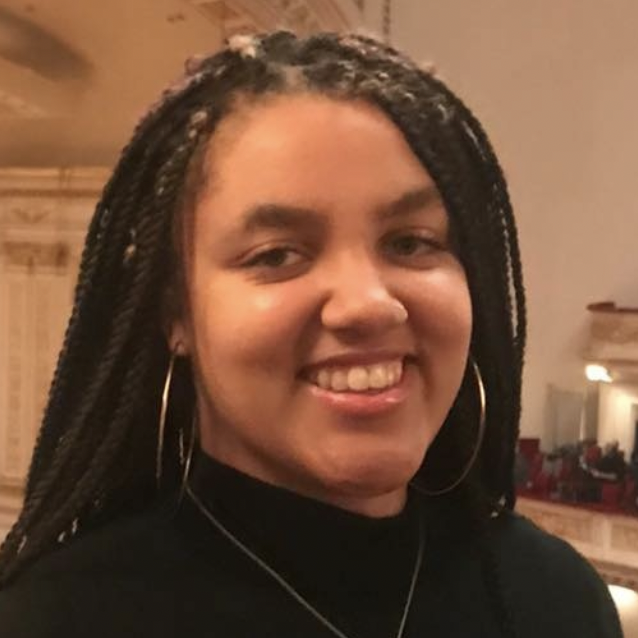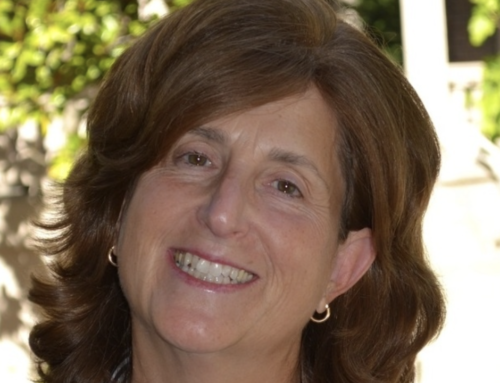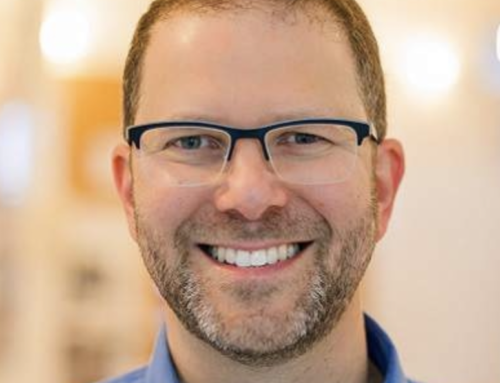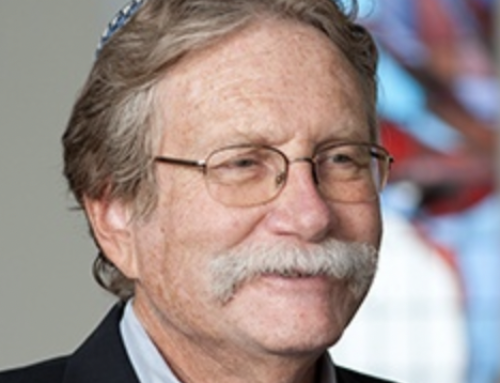I never connected to teshuva as a commonly associated notion of repentance.
I know that sometimes one needs to ask G-d for forgiveness or understanding. Yet, the deepening of my Jewish knowledge led me to realize that teshuva is not about shame or begging G-d to not look down upon me because I did not fast during the entirety of Yom Kippur.
This reflection has developed in my identification as a baalat teshuva, or a woman “who returns to G-d.” Although a recent term for me, I have been returning to G-d my entire life. I grew up in an interfaith home, celebrated holidays, and went to services in different houses of worship. I would never change those experiences, as they are integral to my life story.
Learning to love Judaism and taking on more mitzvot that I did not grow up with can be frustrating, beautiful, and complex all at once, especially while being part of the most secular generation. I often am closest to Yiddishkeit when I am with people who speak lengthy divrei Torahinto a warm Spring night or when I listen to Tumbalaika as my great-grandmother did. I feel most connected to G-d and the universe when I am alone, singing my own niggun or crying to the sound of the Shema in the Negev.
Being Torah-observant is not reserved to someone born into a religious home, and my relationship to G-d grows stronger each time I forgive myself for turning on the light during Shabbos.
Yes, I struggle as any Jew does.
I am not searching to become someone I am not, but rather choosing to become more of myself.





